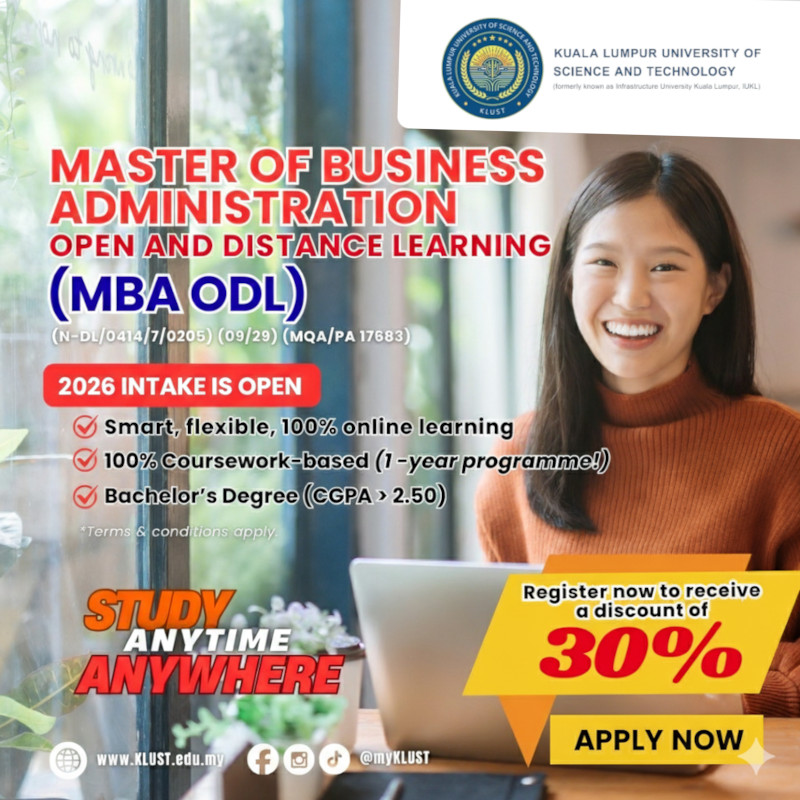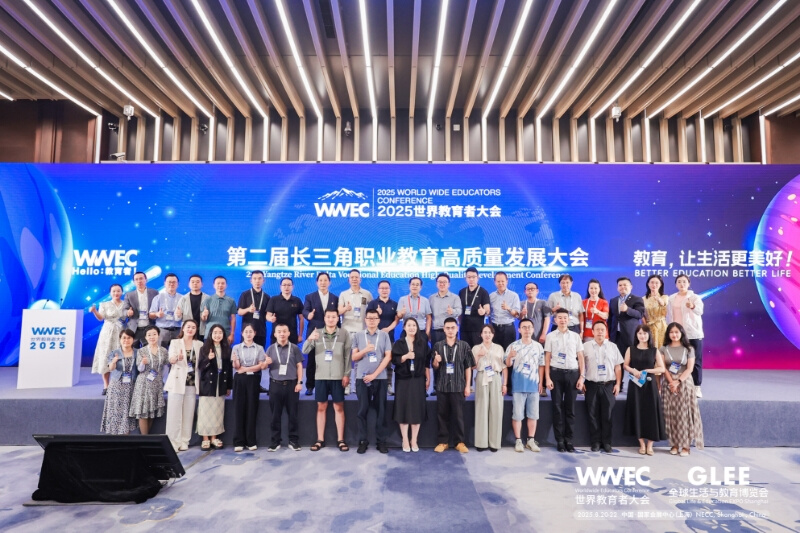
From August 20 to 22, the highly anticipated 11th World Educators Conference (WWEC) and GLEE Global Living and Education Expo were successfully held at the National Exhibition and Convention Center in Shanghai. With the theme “Deeply Implementing Talent Strategies, Accelerating the Path Toward Becoming an Education Powerhouse”, the event gathered leaders, experts, scholars, entrepreneurs, educators, and social elites from around the world to explore innovative paths for education to empower national strategies and support individual growth.
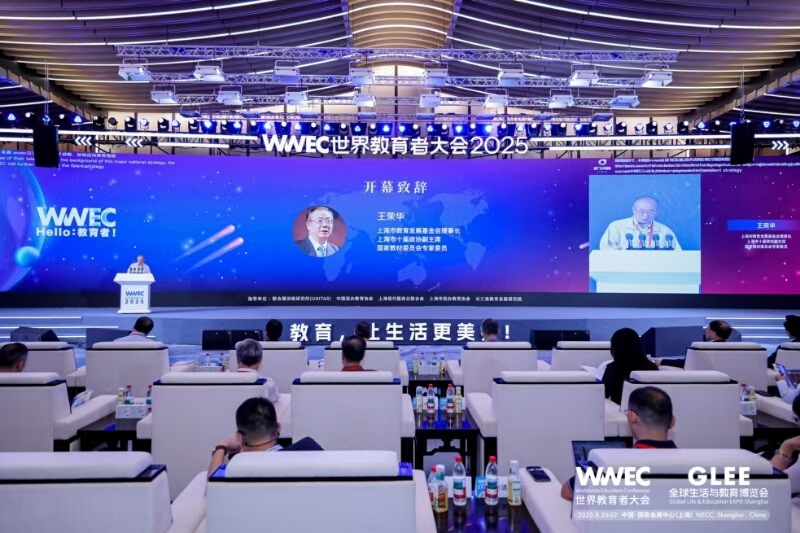
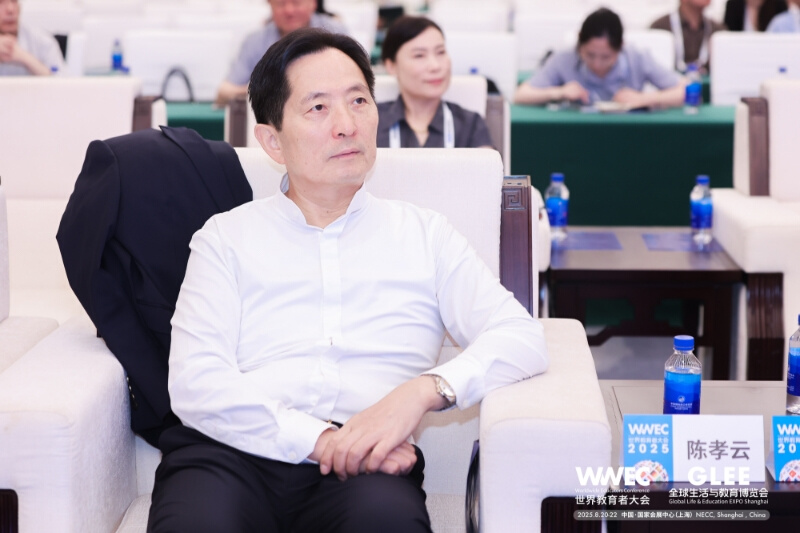
On this international stage, Kuala Lumpur University of Science and Technology (KLUST)—positioned as the “bridgehead” for vocational education from Anhui going abroad—was invited to attend as a delegation. Professor Chen Xiaoyun, Chairman of KLUST, Chairman of Star Teenagers International Group, and Chairman of Anhui Luhai Business Vocational College, was invited as a distinguished guest at the opening ceremony. He later delivered a keynote speech at the 2nd Yangtze River Delta High-Quality Development of Vocational Education Conference, injecting forward-looking perspectives and strength into the conference from the viewpoint of Chinese vocational education going global.

On the morning of the 21st, the 2nd Yangtze River Delta Conference—held as a parallel forum of the WWEC—focused on the theme “Industry–Education Integration, Strengthening Vocational Education for a Strong Nation.” The forum gathered insights and strengths from government, industry, academia, and research to deeply discuss strategies for vocational education in the new era, aiming to inject strong momentum into regional economic transformation and provide a solid talent foundation for a modern economic system.
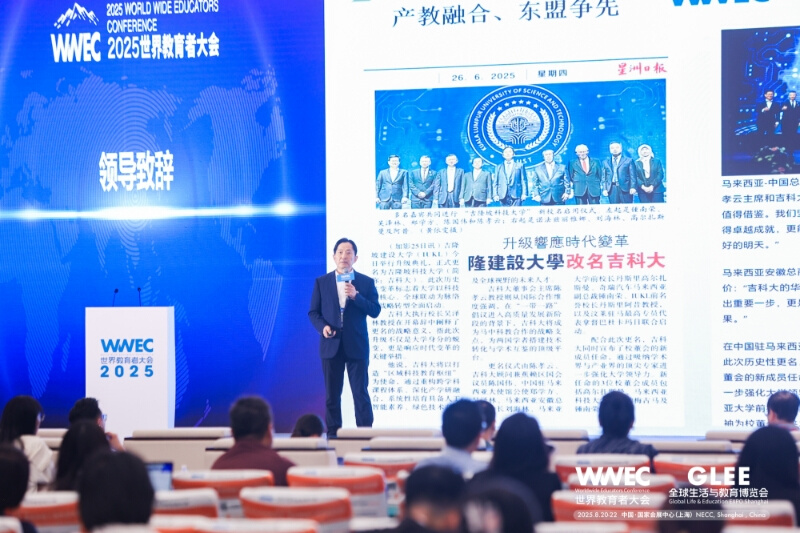
During his keynote speech titled “Focusing on Global Industry Talent Development, Building an ASEAN Vocational Education Community”, Professor Chen highlighted that the Belt and Road Initiative is like a “star-lit avenue,” opening vast opportunities for China’s international education cooperation. In 2024, Star Teenagers International Group seized this opportunity by successfully acquiring Infrastructure University Kuala Lumpur and upgrading it in June this year to become Kuala Lumpur University of Science and Technology, marking an international transformation.
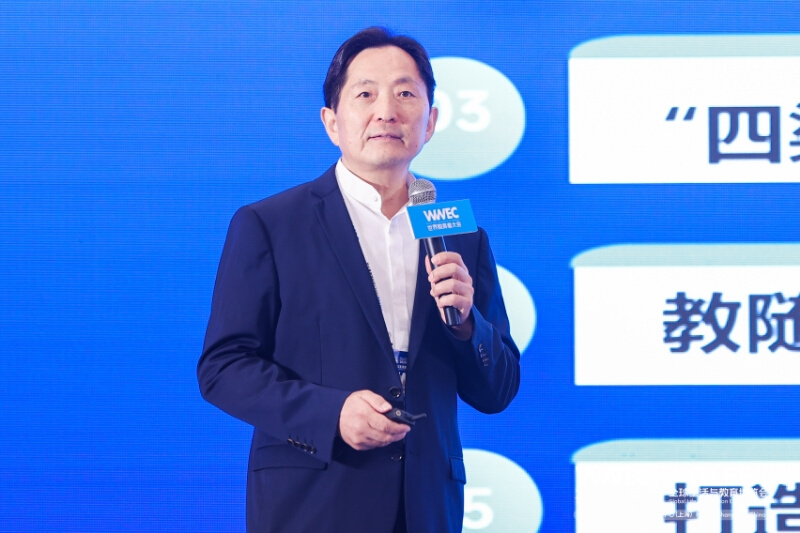
Professor Chen emphasized that deep industry–education integration is the “core code” for high-quality development of both universities and enterprises. The renaming of KLUST represented a “rebirth” transformation. With a blueprint of “Built on Digitalization, Lifted by
Intelligence, and Empowered by AI,” KLUST expanded its board of directors, inviting industry leaders and building a close and efficient integration mechanism between academia and industry. Collaborations with “industry titans” like Huawei, Xiaomi, and iSoftStone ensure that KLUST precisely matches market demands, cultivating high-quality talents adapted to new productive forces.
Professor Chen further stressed: “KLUST is committed to becoming a bridge between China and Global South countries!” The university promotes international education and cultural exchange, nurturing talents with a global outlook while driving integration in science, technology, and education. With a top-level design of “four beams and eight pillars” for talent training, KLUST aims to cultivate elites in education, technology, business, and politics. It has also established eight major supporting platforms, including Belt and Road Digital Economy and AI Research Center, Star Teenagers Digital Technology & Intelligent Science Training Center, and China–ASEAN Public Affairs and Technology Development Research Center. This ecosystem forms a closed loop of industry–academia–research–application, providing long-term momentum for the university’s development.
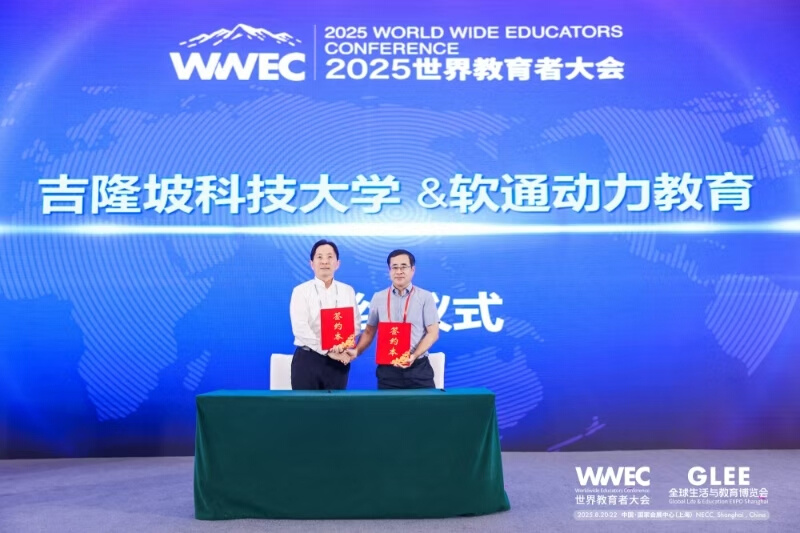
He concluded that vocational education is not only the cradle of technical training but also an important embodiment of soft power in international cooperation. KLUST is building an “ASEAN Vocational Education Community”, promoting resource sharing and unified standards across the region. This injects vitality into regional education while strengthening cultural exchange and mutual understanding between China and ASEAN countries.
During the conference, KLUST also held a strategic cooperation signing ceremony with iSoftStone Education, a leader in digital technology innovation. Lin Tao, Senior Vice President of iSoftStone, CEO of iSoftStone Education, and Vice President of the Shanghai Private Education Association, introduced the partnership. The cooperation aims to leverage iSoftStone’s expertise in technology R&D, industry practice, and faculty training with KLUST’s quality educational resources, jointly fostering talent development, internships, digital curriculum design, and smart training bases for the Belt and Road’s vocational education growth.
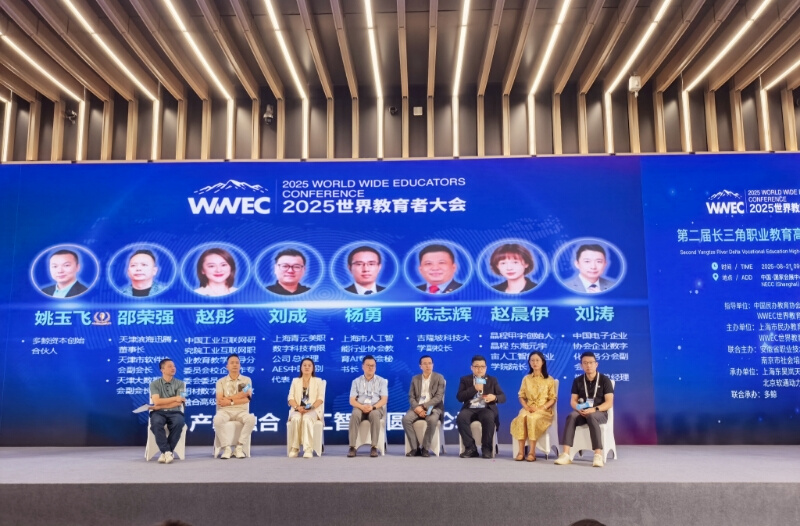
At the roundtable forum “The Impact of Artificial Intelligence on the Future of Vocational Education”, KLUST Vice President Prof. Ir. Ts. Dr. Tan Chee Fai was invited to speak. He emphasized that AI is driving vocational education’s shift from “experience-oriented” to “data-driven,” enabling personalized learning pathways and real-time skills assessment. However, he also cautioned against blind technological worship, advocating for balancing technical ability with creativity and resilience. KLUST is accelerating the establishment of a School of Digital Technology and AI and several integrated platforms to cultivate skilled talents for the intelligent era.
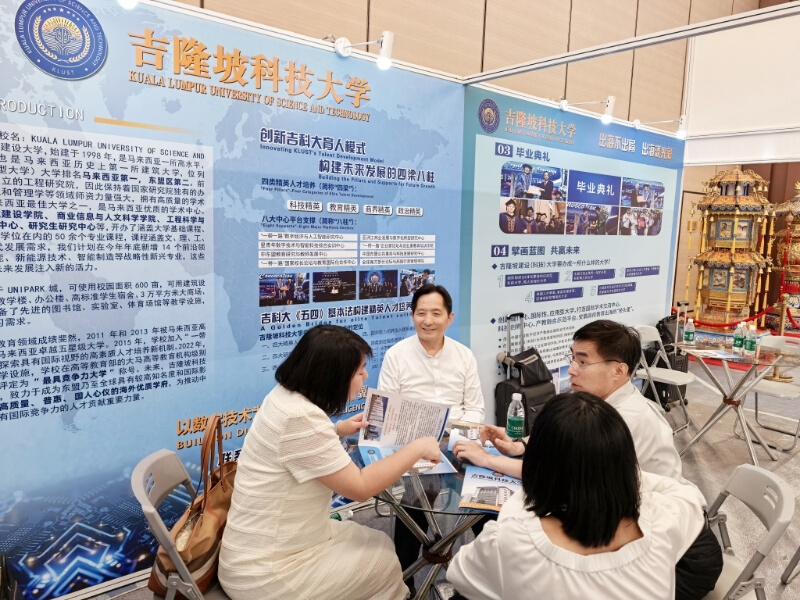
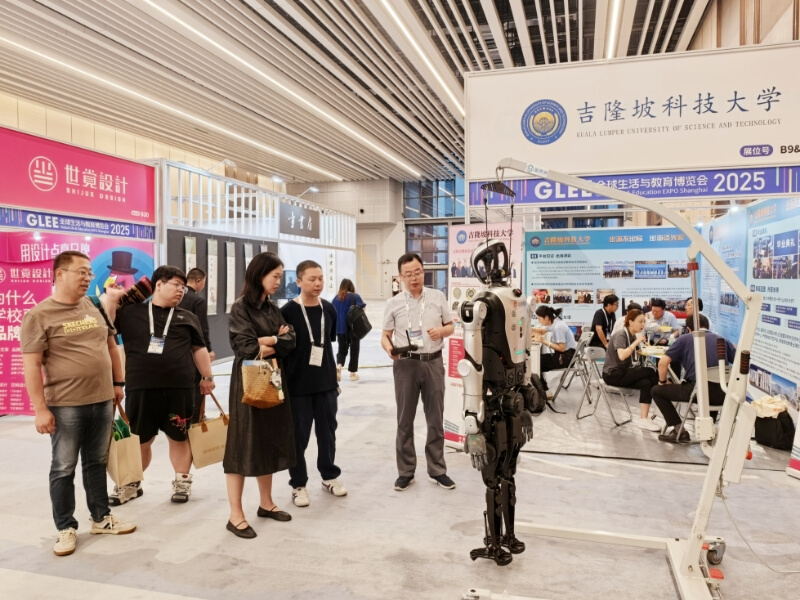

Meanwhile, at the GLEE Global Living and Education Expo, the atmosphere was lively. Over 100 exhibitors showcased diverse educational products and services, facilitating broad networking between supply and demand. KLUST’s booth, with its distinctive design, drew significant attention, attracting continuous visitors and fostering deep exchanges with numerous domestic and international institutions—fully showcasing KLUST’s brand influence and appeal.

